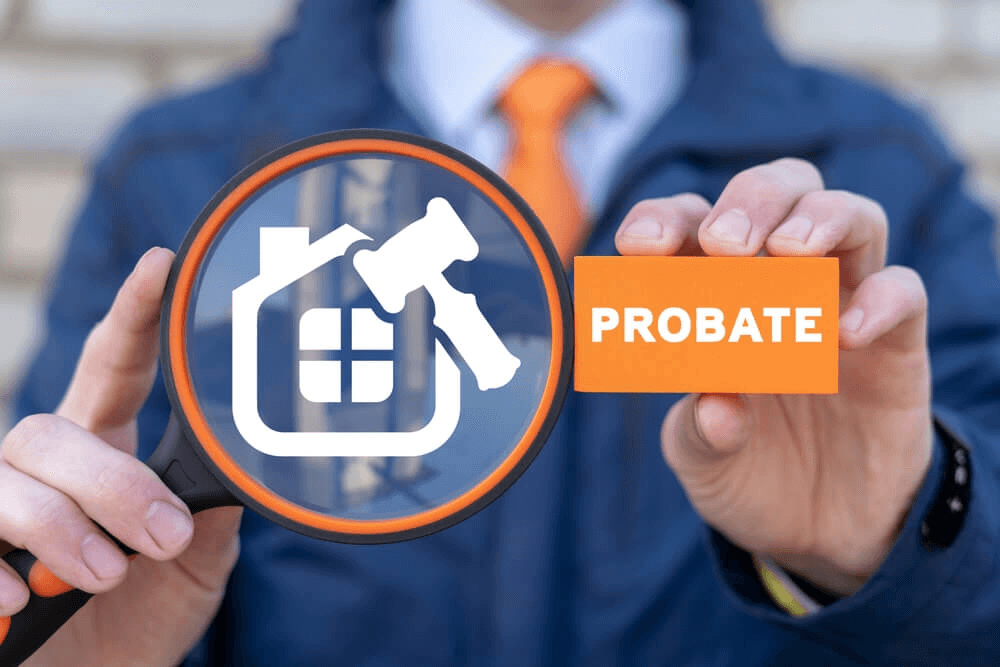Selling a house in probate in New York City is a process governed by specific legal procedures and regulations. While it is indeed possible to sell a probate house in NYC, it requires court approval, adherence to estate laws, and careful execution of the necessary steps. In this article, we will shed light on the question: if a house is in probate, can it be sold? Reasons for selling a probate house, the steps involved, important considerations, and alternative options.
Can you sell a house in probate in NYC?
Yes, it is possible to sell a house in probate in New York City, but it requires court approval. Probate is the legal process of validating a deceased person’s will and distributing their assets. In NYC, the Surrogate’s Court oversees probate matters. Before selling a house in probate, it is crucial to obtain court approval to ensure a legal and smooth transaction.
Reasons to Sell a Probate House in NYC
There are several reasons why selling a probate house in NYC might be necessary:
- Directed by the Will: The deceased’s will may explicitly state the desire to sell the house and distribute the proceeds among beneficiaries. This is a clear directive that the executor (the person appointed to handle the estate) must follow.
- Estate Debts and Fees: Outstanding debts, taxes, and other financial obligations of the deceased must be settled before distributing assets. If insufficient liquid assets exist within the estate, selling the house may be necessary to settle these obligations.
- Beneficiary Disagreement: Beneficiaries may not want to keep the property. Perhaps they live out of state, have different plans for the money, or simply can’t afford the upkeep. Selling the house provides a way to turn the asset into cash that can be easily divided.
Steps to Selling a Probate House in NYC
Selling a probate house in NYC requires following a specific process:
- Initiate Probate: The first step is to file a petition with the Surrogate’s Court in the appropriate county. This petition formally opens the probate case and appoints the executor.
- Obtain Court Approval for Sale: The executor must petition the court for permission to sell the house. This often involves having the property appraised by a qualified professional to determine its fair market value.
- Market and Sell the House: Once court approval is granted, the executor can market the property for sale. Hiring a real estate agent experienced in probate sales can be highly beneficial.
- Court Approval of Final Sale: After receiving bids and selecting a buyer, the executor must again seek court approval for the final sale price. This ensures the price is fair to all beneficiaries.
Important Considerations for NYC Probate Sales
Several factors add complexity to selling a probate house in NYC:
- Legal Expertise is Crucial: Due to the intricate nature of NYC probate laws, consulting with a qualified probate lawyer is highly recommended.
- Minimum Down Payment: Prospective buyers for a probate property in NYC must provide a minimum 10% down payment when submitting bids.
- Court Approval for All Bids and Sales: Transparency and fairness are paramount. Therefore, all bids and the final sale price must be approved by the Surrogate’s Court.
Alternatives to Selling the House
While selling the house may be the most common course of action, there are alternatives to consider:
- Beneficiaries Keeping the House: If all beneficiaries agree, they may choose to keep the house. This could involve co-ownership or dividing the value of the property based on inheritance percentages.
- Tenants in Common Ownership: Beneficiaries can opt for tenants in common ownership. This allows each beneficiary to own a specific percentage share of the property, with the freedom to sell their share in the future.
Additional Tips for a Smooth Process
- Find Experienced Professionals: Consult with a probate lawyer and a real estate agent experienced in NYC probate cases. Their expertise can significantly streamline the process.
- Gather Information: Collect necessary documents such as the will, death certificate, and property appraisals to present to the court and relevant professionals.
- Communicate with Beneficiaries: Maintain open and clear communication with all beneficiaries throughout the probate process. Address any concerns or questions they may have.
- Be Patient: Probate can be a lengthy process. Allowing time for each step can help ensure a smoother experience.
Conclusion
Selling a house in probate in New York City requires careful planning and adherence to legal procedures. By understanding the reasons, steps, and important considerations outlined in this guide, individuals involved in this process can make informed decisions. Seeking professional guidance and exploring alternatives can further navigate the complexities of NYC probate and ensure a successful outcome.
If you find yourself in need of assistance during this challenging process, consider reaching out to Cash Buyers NY. Our team specializes in facilitating the sale of houses in probate, offering a hassle-free and efficient solution. With a wealth of experience in navigating the intricacies of the NYC real estate market, we understand the unique challenges posed by probate sales.






